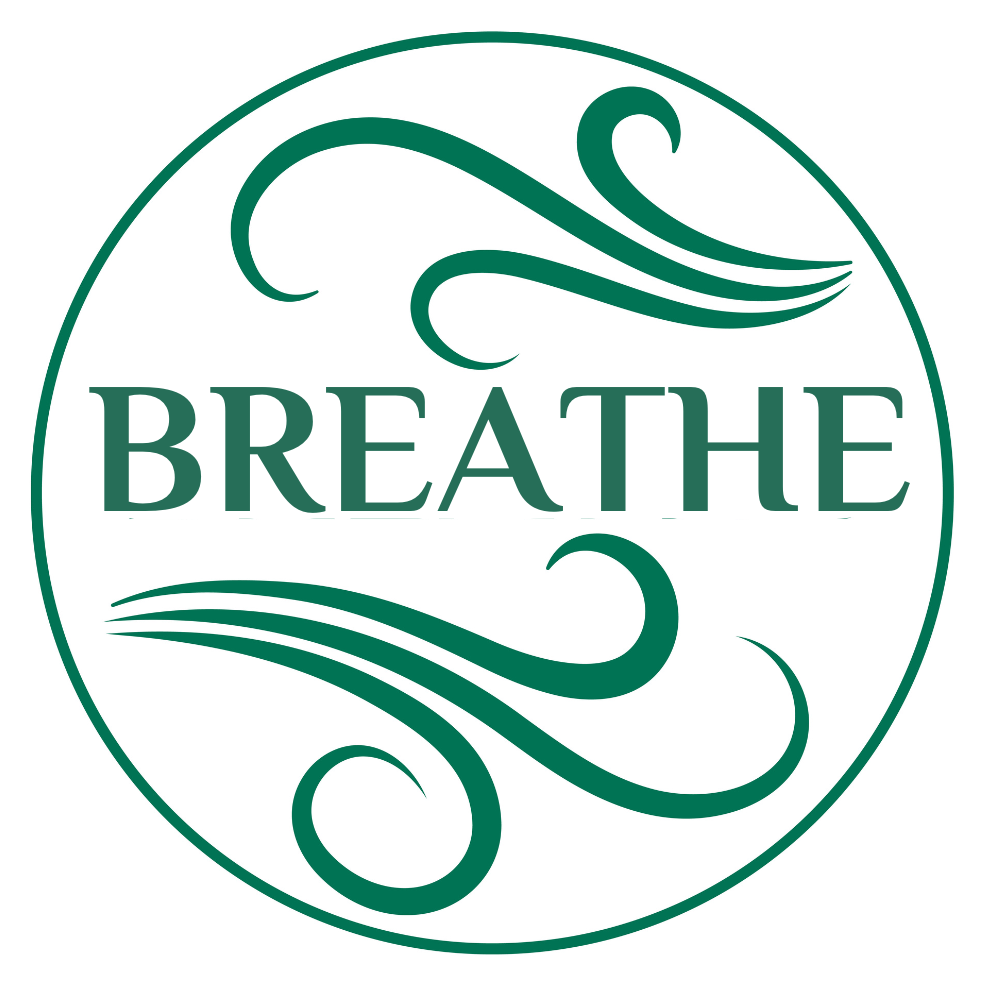By Anne Fricke
Freya is 11 years old now. Reading this past blog entry from when she was 4 months brought so many sweet memories, absent of any grief I felt at the time. I am sharing this here for the new parents, to remind you there is sweetness in the small things, beauty and hope in the details, a celebration of how far Freya has come, and the recognition that we can, at times, move through fear and sadness to a happier, brighter place.
From Feb. 25, 2012
Freya is 4 months old today. I haven't come up with a good response for the endless comments about how new my baby must be. When I tell people how old she is, they inevitably ask me how much she weighed at birth. The 6 lbs. 4 oz. response stumps them every time. I've begun telling these well-meaning strangers that she has a genetic disorder, which gets about the same reaction as the unscripted reply of "not so good' to the cultural norm and nicety of "How are you?".
I've given away my copy of "What to Expect in the First Year" and have learned to really appreciate the things she does. She has been smiling for a few months now. In the beginning, they were, of course, gas smiles. But I remember the first genuine smile I saw on her face. Haven, her older sister, was trying to feed her (one of the benefits of bottle feeding), gave up (the irony is that infants with PWS often can't or don't eat well), and walked away. I watched Freya crane her little weak neck around to try and find her sister. I asked Haven to come back. When Freya saw her, she gave her a beautiful, open-mouthed, ear-to-ear smile.
Since then, the smiles have been frequent, and sometimes she even lets loose with a weak, cooing-like giggle. She has a few toys that rarely fail to elicit a smile. One is a bright red mini feather duster. This toy is also great for her tracking as she will follow it wherever we move it. Another is Andy's Yurok (one of indigenous peoples of our area) hat, a black and blue knitted cap with a traditional design. Perhaps learning the meaning of the design will give us a better understanding of why she likes it so much, though Andy isn't convinced it's anything other than the colors.
As for now, she rolls easily onto her side (I put her to sleep on her back next to me and often wake in the mornings to her lying on her side, eyes wide and looking at my face). She has rolled onto her belly and even twice was able to get her arm out from under her. Her neck is getting stronger. She turns her head easily from side to side and has recently been able to briefly hold it up. She watches and tracks her toys and has begun to reach for them, sometimes making contact enough to grab ahold or bat it out of the way. As is common in babies with PWS, she is not very vocal. So rarely does she cry that when she does, for the brief moment it lasts, I am almost panicky as to what to do. I have noted a few times where she seems to squawk on purpose. Just the other day Haven was playing with her and then left the room. I watched Freya kick excitedly and stare at the door. When Haven didn't return, Freya let out quite a loud squawk and continued to kick until Haven returned to the room. Another time was a few mornings ago. I could feel her squirming next to me but was too tired to open my eyes yet. After a few moments, I also became the recipient of one of her squawks.
So while this experience has brought us an array of emotions; grief, sadness, and anger. It also brings with it great joy and laughter. Freya is an adorable baby and often evokes that odd feeling in me of wanting to eat her, which I have thankfully learned is common to many parents of babies and puppies. Day by day, we revel in her seemingly small advances, knowing they are hard-won. And perhaps, because they are hard-won, the satisfaction is greater.

